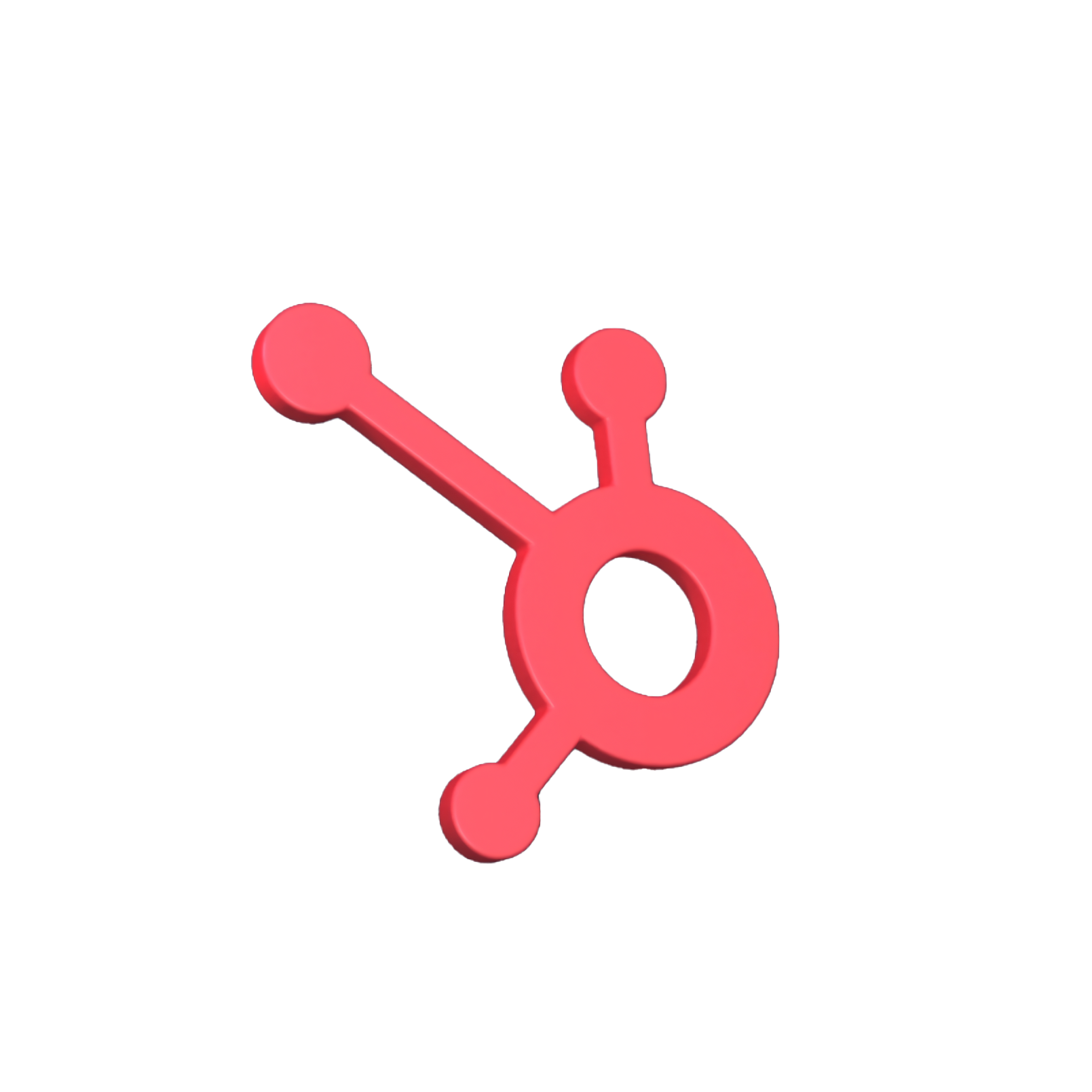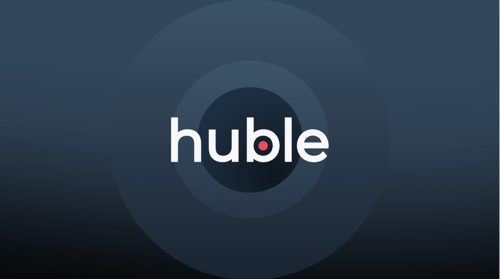Discover how HubSpot's power extends further through strategic integrations. Explore the various options of HubSpot integration services in this comprehensive article.
TL;DR (≤150 characters):
HubSpot integration services connect HubSpot with the rest of your systems so data stays accurate, teams move faster, and reporting remains reliable.
Key proof points
| Metric | Value |
|---|---|
| Certified HubSpot architects, developers, and consultants | 150+ |
| Security and quality standards | ISO 27001 & ISO 9001 certified |
The power of expanding HubSpot beyond its boundaries
HubSpot gives companies a clear view of customers, deals, and performance. But most businesses run more than one system. CRMs sit alongside finance tools. ERPs hold product and order data. Marketing teams use external analytics platforms. Service teams depend on tools that capture conversations and usage signals.
Without reliable connections between these systems, data becomes scattered. Teams spend time reconciling numbers instead of acting on them. Reporting slows down. Confidence drops.
HubSpot integrations solve this problem. They allow HubSpot to work in unison with the rest of your technology setup, bringing data into one place where it can guide decisions rather than complicate them. A well-built integration doesn’t add complexity, it removes it. It reduces manual work, lowers operational risk, and gives leaders a model they trust.
This guide explains the different types of HubSpot integrations, the value they add, and how to choose the right option for your business, from standard marketplace apps to tailored, developer-led builds.
What HubSpot integrations actually do
At their core, integrations connect HubSpot to the platforms that matter most in your business. That connection might keep CRM records in sync with an ERP. It might enrich contacts with intent data. It might pass subscription changes back into HubSpot so customer-facing teams always see the latest information.
The point is simple: integrations keep data accurate, current, and actionable.
Different roles feel the benefit in different ways:
- Leaders get reporting they can trust during month-end reviews.
- Marketing builds campaigns based on complete customer journeys.
- Sales sees usage, purchasing, and behavioural signals as soon as they matter.
- Service teams understand context behind every ticket.
- IT maintains control of data governance and architecture.
The right integration approach makes HubSpot the hub of your commercial operations — not an isolated tool.
Option one: standard marketplace integrations
HubSpot’s App Marketplace includes over a thousand pre-built integrations. These are designed to connect quickly, follow HubSpot’s security standards, and fit common business needs without requiring custom development.
They work well when your processes match the patterns the integration was built for. Many companies start here because the setup is quick and the learning curve is low.
Common examples include:
- Mailchimp for sending campaign data directly into HubSpot.
- Google Workspace for syncing calendars, email, and file activity.
- Aircall for call activity and tagging inside the CRM.
- Shopify for e-commerce order data and customer history.
- ZoomInfo for enrichment and account identification.
Standard integrations are useful when teams want immediate value without involving developers. HubSpot and the integration provider handle updates and maintenance, reducing operational overhead for your team.
But their strength, being pre-built, also defines their limit. They are designed for common needs, not specialised ones.
Option two: custom integrations
A custom integration is built specifically for your business. Instead of adapting your processes to fit the constraints of a marketplace app, the integration is shaped around how you already operate.
This is often the best route for mid-market and enterprise companies, where data models, approval chains, and cross-system workflows are unique. A custom integration can connect HubSpot to internal systems, proprietary databases, on-premise technology, or niche platforms with no marketplace presence.
With custom work, data moves the way your business needs it to, securely, accurately, and consistently. IT teams retain control of the data model, authentication, and API usage. Commercial teams benefit from cleaner handovers, richer insights, and fewer manual steps.
The trade-off is investment and technical skill. Custom integrations take longer to build and require proper planning and governance. But they grow with your business and evolve as your systems change.
Standard vs custom: a clear comparison
| Factor | Standard Marketplace Integration | Custom Integration |
|---|---|---|
| Setup speed | Fast setup; minimal configuration | Longer discovery and build |
| Flexibility | Matches common patterns | Shaped around your exact workflows |
| Maintenance | Handled by integration provider | Governed and maintained by your team or partner |
| Best suited for | Widely used tools | Enterprise systems, unique workflows, internal platforms |
Standard integrations help you move quickly. Custom integrations help you move accurately and at scale. The right approach depends on how unique your processes are and how much risk you can tolerate from data gaps or manual work.
A more complete look at HubSpot integration categories
To turn this page into a true guide, it’s important to go deeper than examples. These categories reflect the most common types of integrations companies consider when scaling HubSpot.
CRM integrations
Many companies migrated to HubSpot while still using another CRM in certain regions or teams. Others pair HubSpot with tools like Salesforce or Microsoft Dynamics due to historic setups.
CRM integrations keep customer and pipeline data aligned. Done well, they remove conflicting versions of the truth and let global teams move with confidence.
They also support elegant transitions during a CRM consolidation — a scenario we see often.
E-commerce integrations
Integrations with Shopify, WooCommerce, or Magento bring order, product, and customer data into HubSpot. This gives marketing access to behavioural and purchase signals, allows sales teams to see the full commercial picture, and helps leadership connect spend to revenue.
In these setups, the value isn’t just data sync. It’s clarity. Teams stop guessing about what customers bought, viewed, or abandoned.
Marketing and advertising integrations
Campaign data becomes much more reliable when systems speak to each other. Google Ads, LinkedIn Ads, Meta, and analytics platforms can all feed insight back into HubSpot.
This helps companies understand which channels actually drive pipeline — a question that is often more complex than it seems.
Customer service integrations
Service teams rely on context. Integrations with Zendesk, Intercom, ServiceNow, or product usage tools give agents what they need to resolve issues quickly and confidently.
When usage signals appear next to the customer record, everything from prioritisation to renewals becomes easier.
ERP and accounting integrations
ERP integrations are usually where companies see the highest impact. ERPs hold orders, invoices, subscriptions, and financial truth. When this information appears in HubSpot, sales forecasts tighten, customer conversations become more informed, and revenue leaders gain a more accurate view of performance.
These integrations often require custom work due to the complexity of ERP data models.
Productivity and collaboration integrations
Slack, Google Drive, Asana, and project systems keep internal teams aligned. When activities sync into HubSpot, teams stop relying on memory and side channels. Instead, work is tracked where it should be.
This reduces gaps during handovers — particularly across regions.
How HubSpot functions as a Customer Data Platform (CDP)
HubSpot is not positioned as a standalone CDP, but with the right integrations it behaves like one for many companies.
Data flows into a single contact and company model. Identities resolve. Signals become actionable. Reporting uses one consistent definition of each customer. AI features perform better because the underlying model is clean.
The gap between CRMs and CDPs is often overstated. In practice, integrations close it.
Supercharging your website: HubSpot + WordPress (and WP Engine)
WordPress remains one of the most widely used CMS platforms in the world. When connected to HubSpot:
- forms feed directly into the CRM
- chat and bots route visitors to the right teams
- blog analytics update marketing dashboards
- user activity enriches contact profiles
Companies often underestimate how much friction disappears when marketing no longer toggles between systems or uploads CSVs. A WordPress-HubSpot connection brings simplicity back into content operations.
Integration “hacks” that create real commercial impact
These “hacks” are not gimmicks; they are practical shortcuts used by teams who want meaningful wins fast.
- Sync product usage data to strengthen lead scoring.
- Trigger deal alerts from behaviour in external systems.
- Route service tickets based on subscription tier and usage.
- Use finance data to tighten forecast accuracy.
- Automatically notify sales when a high-value account increases activity across multiple tools.
- Small improvements cascade into major operational clarity.
Why work with a HubSpot Custom Integration Accredited partner
HubSpot’s Custom Integration Accreditation is awarded to partners who meet rigorous technical, architectural, and delivery criteria. It recognises an ability to design and implement complex, secure, enterprise-grade integrations that fit a client’s operating model.
For clients, this accreditation removes uncertainty. You know the team handling your integration has been tested — not only on development skill, but on planning, governance, data quality, and the security practices required to support global rollouts.
Choosing a partner with this accreditation ensures your integration is not a quick script, but a long-term component of your commercial engine.
Which option is right for your business?
Standard integrations are a strong starting point for companies with straightforward needs or smaller tech stacks. They are fast, reliable, and cost-efficient.
Custom integrations suit organisations where complexity is part of the operating reality. Multi-region setups, internal systems, custom data models, and security requirements often make a tailored build the logical choice.
In both cases, the end goal is the same: a connected setup that removes manual work, reduces operational risk, and gives teams clear visibility.
The right integration approach depends on your size, your system architecture, and the role HubSpot plays in your business.
How to get started: a simple roadmap
- Map the systems that hold meaningful customer or commercial data.
Start by understanding where data lives today and how it moves. This step reveals risk, duplication, and opportunity. - Review the HubSpot App Marketplace, If a standard integration meets your needs, you can move quickly.
- Speak with an accredited partner when complexity grows, when integrations influence revenue reporting, global operations, or sensitive data, you benefit from an expert view.
Work with Huble
Integrations are only valuable when they improve how your teams operate. As an accredited partner with deep technical and consulting expertise, Huble helps companies build connected HubSpot setups that stand the test of time.
Whether you need a fast marketplace rollout or a custom integration designed around your architecture, our team can guide you through the decisions that matter.
Get in touch with our integration specialists to explore your options and build a connected setup that supports your next stage of growth.











-3.png?width=500&height=320&name=Matt%20-%20imagery%20bank%20(8)-3.png)

